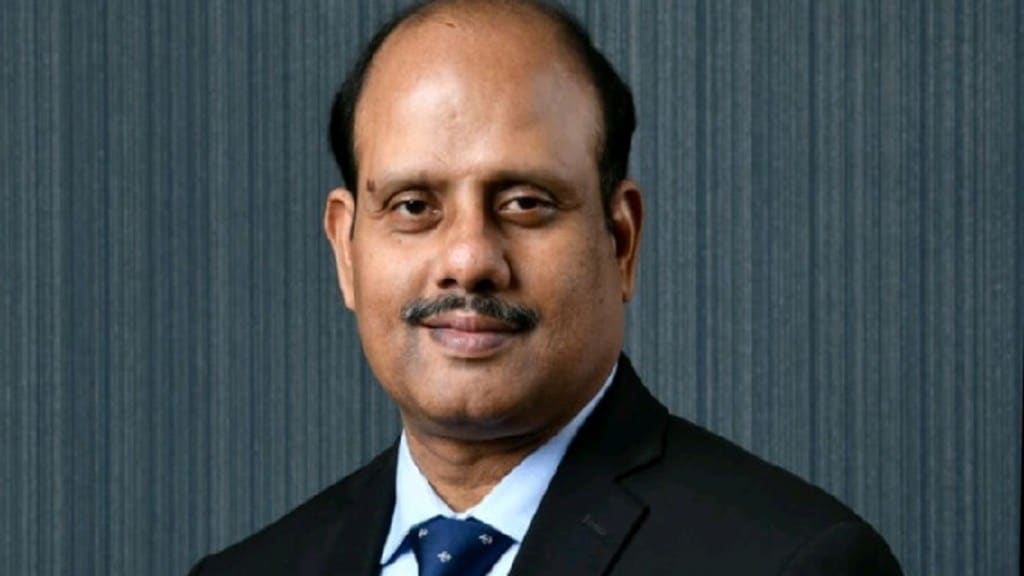Reserve Bank of India’s (RBI) deputy governor Swaminathan J has urged financial institutions in the country to help MSMEs facing delays in receiving payments from their buyers. He was speaking at the annual day of the Foreign Exchange Dealers Association of India (FEDAI) in Mumbai.
In his address ‘Local to Global: The Role of the Financial Sector in MSME’s Development’, the deputy governor said that financial institutions should focus on deploying supportive measures such as restructuring options, grace periods, and tailored repayment plans that give MSMEs the breathing space they need to recover and get back on track while encountering difficult situations.
Swaminathan noted that the delay in receiving payments prolongs MSMEs’ operating cycles and diminishes their capacity to fulfil existing orders or secure new ones.
While the government has put statutory provisions which entail penalties for delayed payments by buyers, the deputy governor said MSMEs often refrain from invoking these provisions.
The reluctance of MSMEs, he added, stems from their weak bargaining power and the fear of losing future business opportunities.
As of Thursday, 2.03 lakh applications against delayed payments involving Rs 43,740 crore have been filed by micro and small enterprises since the launch of the delayed payment monitoring portal Samadhaan in October 2017. Out of it, 39,678 cases involving Rs 6,724 crore have been disposed by facilitation councils set up across states to address the delayed payment issue.
To address the issue of delayed payments for MSMEs, the central bank had initiated TReDS in 2014 to enable the bill financing of MSMEs from corporate, government departments and public sector undertakings through multiple financiers electronically.
Swaminathan said that while there has been an uptick in transactions on TReDS in the last couple of years, there is a long way to go in onboarding by more corporate buyers and MSME sellers on the platform to reap its full potential.
The deputy governor, hence, urged bankers to leverage their corporate relationships to encourage larger corporates to get on board TReDs.
The total invoices financed across four TReDS platforms – RXIL, Invoicemart, M1xchange, C2FO Factoring Solutions – was 41.6 lakh involving Rs 1.38 lakh crore in FY24 vis-a-vis 25.6 lakh invoices financing involving Rs 76,638 crore in FY23, according to the data shared by MoS MSME Ministry Shobha Karandlaje in a written reply to a question in the Lok Sabha on August 8, 2024.
Importantly, the government in April this year had implemented a new clause h under Section 43B of the Income Tax Act that allows expenses to buyers on invoices from micro and small enterprises only if paid within 45 days in the year of actual payment instead of the year when it was incurred as an expense.
Meanwhile, Swaminathan in his address also urged financial institutions to offer “targeted support and tailored services” to boost exports from MSMEs.
He said that beyond traditional products like pre- and post-shipment finance, factoring, and invoice discounting, the financial sector can “significantly aid MSMEs in managing risks through export credit insurance and currency risk hedging solutions.”

